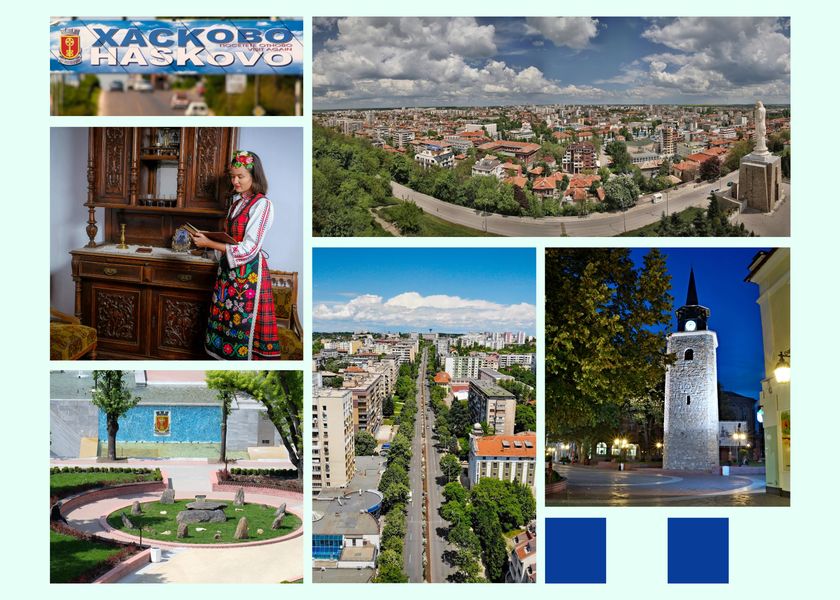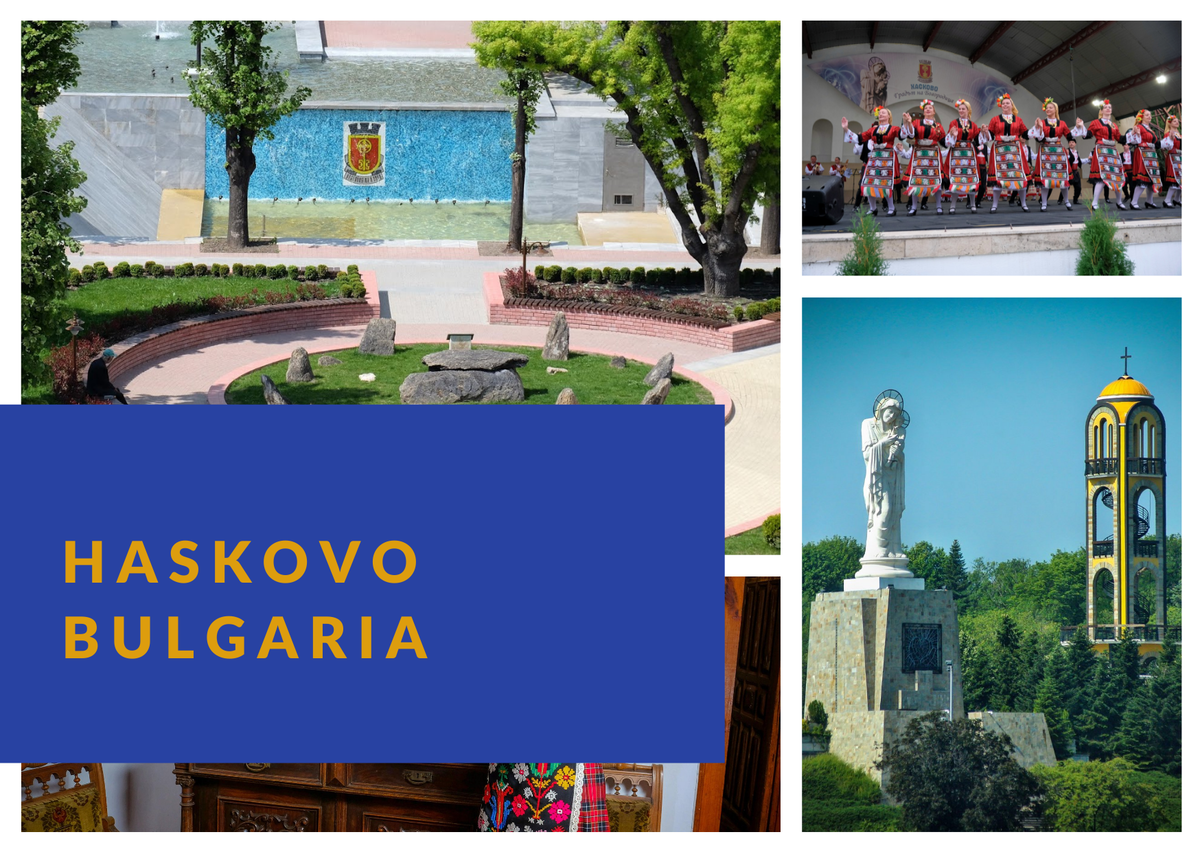Haskovo “#Хасково”

Haskovo is located in the central part of Southern Bulgaria. It is administrative center of Haskovo Municipality and Haskovo region. The territory of the municipality - 740 sq. km is the second largest in the district. According to National statistical institute’s data from 31.12.2020, 68 298 (80,48%) people live in the urban area, while 16 564 people (19,52%) of the total population is concentrated in rural and remote areas.
Compared with the urban population, rural residents have higher poverty rates, a larger percentage of elderly and unemployed, tend to be in poorer health, have no or limited access to primary health services and urgent health care. The acceleration of demographic change (including ageing and decrease of the population) constitutes a long-term challenge intensifying further and having major economic, social and territorial implications in the Municipality.

Haskovo Municipality holds many logistic advantages. It is located on the crossroad between Europe, Near and Middle East, which offers a great opportunity for the development of international, trade and cultural exchange. Across the territory of the municipality passess the main bus and railway connections to the borders of Bulgaria, which determines the successful trade with Greece and Turkey. Near the city pass the two key motorways – Trakia and Maritza and four Pan- European core transport corridors – 4, 8, 9, 10.
Haskovo Municipality provides assistance to kindergartens and schools in the process of inclusive education. It has direct responsibility for providing infrastructure, facilities and financial support for 22 Municipal schools.
The participation in the 100 Intelligent Cities Challenge will help Haskovo city by enhancing the quality of citizens’ life and government engagement, reducing the environmental footprint, mobilizing an effective data-driven decision making, increasing digital equity, creating economic development opportunities, improving the infrastructure, more efficient public utilities and not at least improving of the quality of life.

Your cookie preferences
We use cookies and similar methods to recognize visitors and remember their preferences. To learn more about these methods, including how to disable them, view our cookie policy.

